Intro
Discover 5 effective cough treatments, including natural remedies and over-the-counter solutions, to soothe persistent coughs, relieve congestion, and calm irritated throats, using cough suppressants, expectorants, and holistic approaches for fast relief.
Coughing is a common symptom that can be caused by a variety of factors, including viral or bacterial infections, allergies, and environmental irritants. While it can be uncomfortable and disruptive to daily life, there are many effective treatments available to help alleviate coughs. In this article, we will explore five cough treatments that can provide relief and help you breathe easier.
Coughs can be acute or chronic, and the treatment approach often depends on the underlying cause. Acute coughs are typically caused by a viral or bacterial infection, such as the common cold or flu, and can be treated with over-the-counter medications and home remedies. Chronic coughs, on the other hand, can be caused by a variety of factors, including allergies, asthma, and gastroesophageal reflux disease (GERD), and may require more specialized treatment.
Understanding the causes and symptoms of coughs is essential to finding the right treatment. A cough can be dry and hacking, or it can produce mucus, which can be clear, yellow, or green. The severity and duration of the cough can also vary, ranging from a mild, occasional cough to a severe, persistent cough that disrupts sleep and daily activities. By identifying the underlying cause of the cough and selecting the right treatment, individuals can find relief and improve their overall health and well-being.
Introduction to Cough Treatments
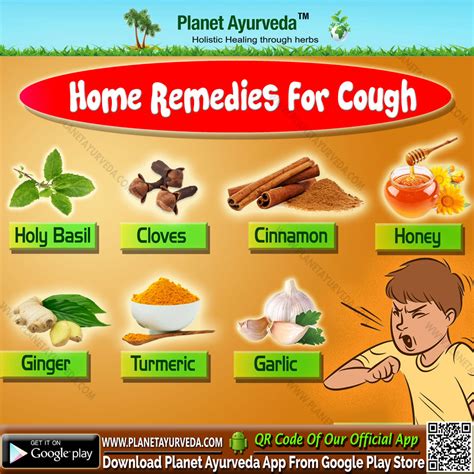
Over-the-Counter Cough Medications
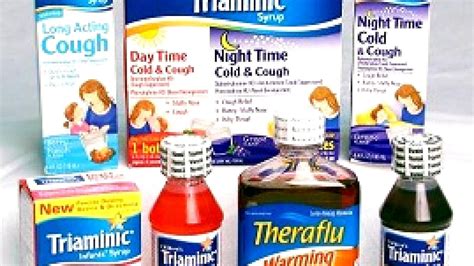
Benefits and Risks of Over-the-Counter Cough Medications
Over-the-counter cough medications can be effective in relieving cough symptoms, but they can also have potential risks and side effects. Some common side effects include: * Drowsiness and dizziness * Stomach upset and nausea * Headache and fatigue * Allergic reactions and interactions with other medicationsHome Remedies for Coughs
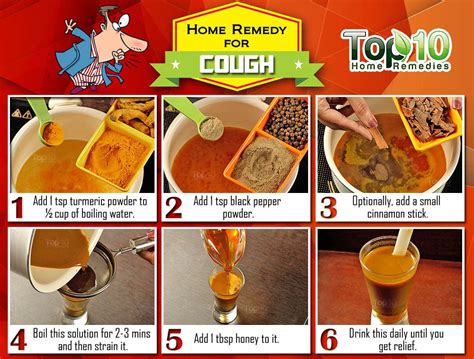
Benefits and Risks of Home Remedies
Home remedies can be a safe and effective way to relieve cough symptoms, but they can also have potential risks and side effects. Some common risks include: * Interactions with other medications or health conditions * Allergic reactions or sensitivities to certain ingredients * Inadequate relief from symptoms, leading to prolonged illness or complicationsPrescription Cough Medications
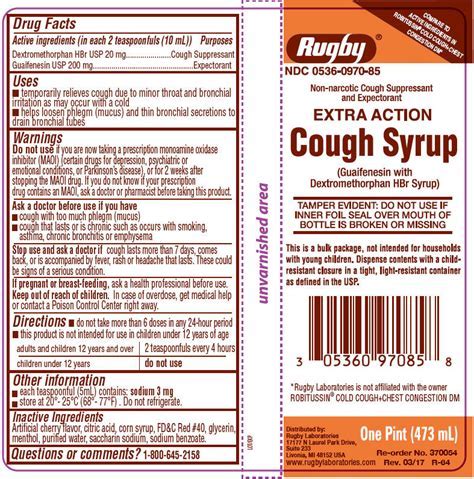
Benefits and Risks of Prescription Cough Medications
Prescription cough medications can be effective in relieving cough symptoms, but they can also have potential risks and side effects. Some common side effects include: * Drowsiness and dizziness * Stomach upset and nausea * Headache and fatigue * Allergic reactions and interactions with other medications * Dependence and addiction to opioid medicationsAlternative Therapies for Coughs
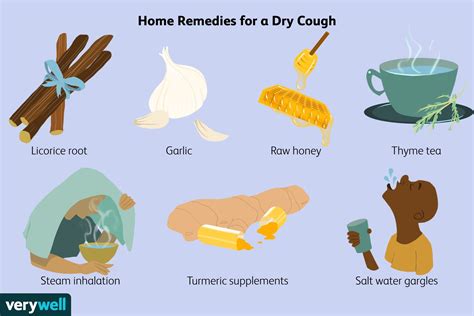
Benefits and Risks of Alternative Therapies
Alternative therapies can be a safe and effective way to relieve cough symptoms, but they can also have potential risks and side effects. Some common risks include: * Interactions with other medications or health conditions * Allergic reactions or sensitivities to certain ingredients * Inadequate relief from symptoms, leading to prolonged illness or complicationsConclusion and Next Steps

We invite you to share your thoughts and experiences with cough treatments in the comments below. Have you found a particular treatment to be effective in relieving your cough symptoms? Do you have any questions or concerns about cough treatments? Join the conversation and let's work together to find the best solutions for cough relief.
What are the most common causes of coughs?
+Coughs can be caused by a variety of factors, including viral or bacterial infections, allergies, and environmental irritants. The most common causes of coughs include the common cold, flu, bronchitis, and pneumonia.
How can I relieve a cough at home?
+There are several ways to relieve a cough at home, including drinking plenty of fluids, using a humidifier, gargling with salt water, and trying throat lozenges or cough drops. It's also important to get plenty of rest and avoid irritants, such as smoke and pollution.
When should I see a doctor for a cough?
+You should see a doctor for a cough if it persists or worsens over time, or if you experience difficulty breathing, chest pain, or fever. You should also see a doctor if you have a weakened immune system or are taking medications that can suppress the immune system.
